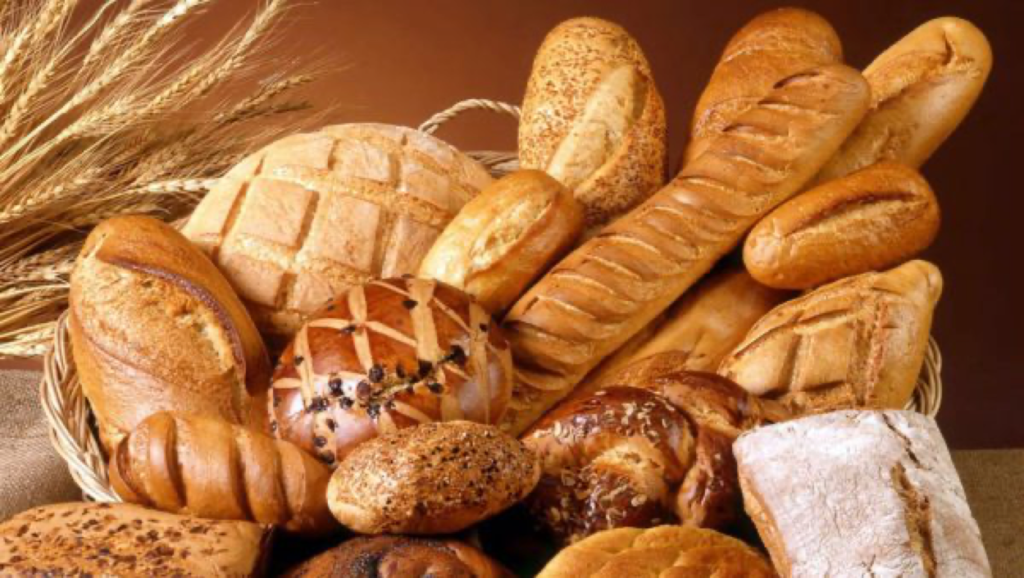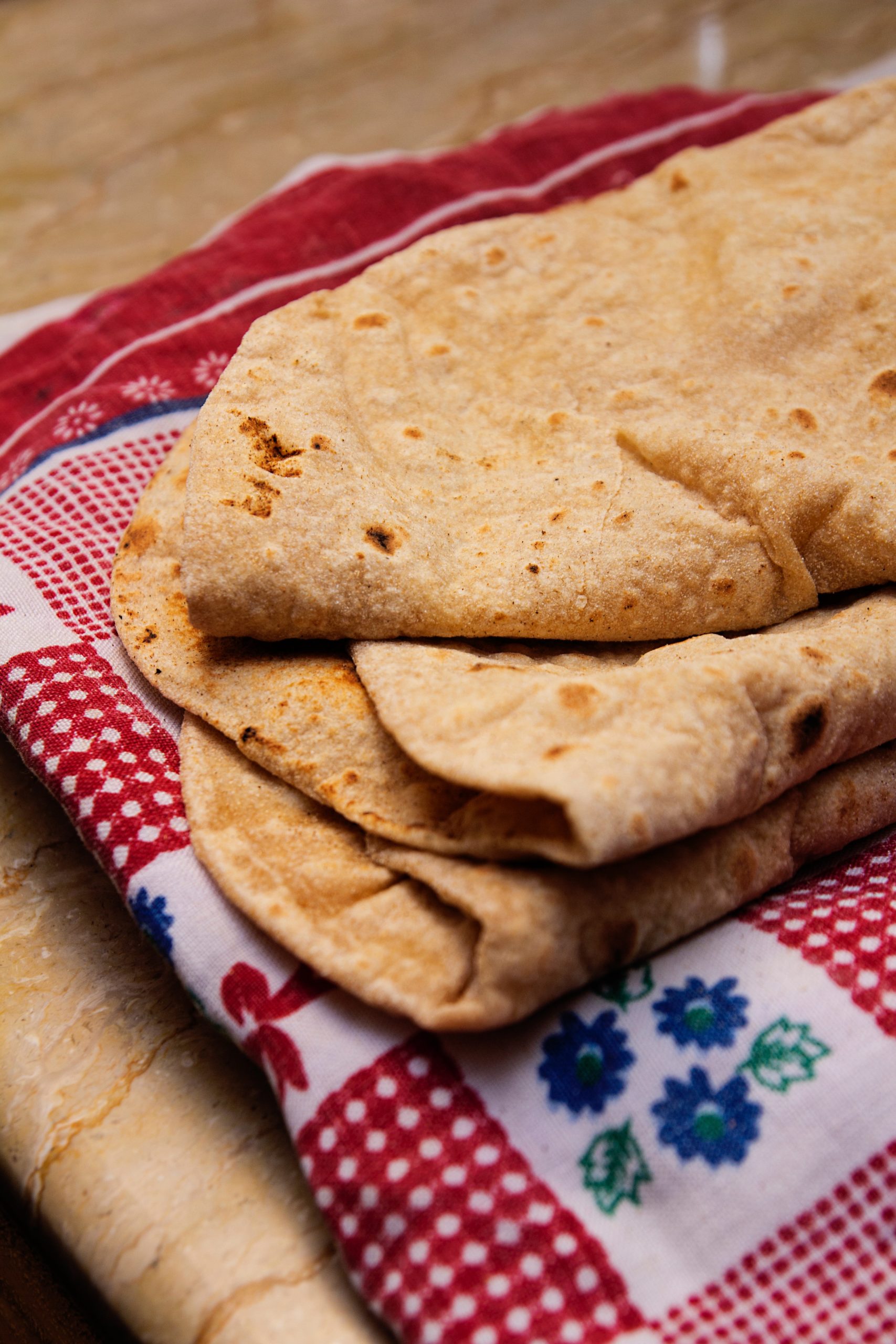Nutritionist &
Naturopath
Bread Alternatives -

In recent years, the quest for healthier eating habits has led many individuals to reconsider their staple foods, and one item that often comes under scrutiny is bread.
As a nutritionist and naturopath, I understand the importance of choosing foods that not only satisfy our taste buds but also contribute to overall well-being. In this blog, we will explore some nutrient-rich bread alternatives that can be valuable additions to your diet.
If you have just been diagnosed with coeliac disease or gluten intolerance or any other intolerance your first question maybe. What do I eat as a bread alternative?
I will be reviewing products and adding different recipes to this page. Check back regularly or email me on the contact details below and I will keep you updated.

Senza Wellness Foods, Gluten Free Garlic Bread!
Well worth the money. Cooks up nicely and the perfect amount of garlic
Embarking on a gluten-free journey often involves navigating through a variety of commercial gluten-free breads, each with its unique set of characteristics and limitations.
Having personally explored a few options, I’ve come to realize that many of these gluten-free alternatives tend to fare better when toasted. The toasting process not only enhances their texture but also imparts a satisfying crunch that is sometimes lacking in their untoasted form.
However, it’s essential to acknowledge that finding the perfect gluten-free bread can be a continuous work in progress. As I continue my quest for the ideal gluten-free option, I appreciate the diverse range of choices available, recognizing that each variation contributes to the ongoing exploration of palatable and nutritionally sound alternatives in the gluten-free realm.
Any feedback and recommendations are appreciated.
Whole Grain
Embracing whole grains is a key step towards a more nutritious bread choice. Whole grains, such as quinoa, buckwheat, and spelt, are rich in fibre, vitamins, and minerals. These grains provide sustained energy, aid digestion, and promote heart health. Look for bread made from 100% whole grains to maximize nutritional benefits.
Nut and Seed Infused Breads
Incorporating nuts and seeds into bread not only enhances its texture and flavour but also adds a nutritional boost.
Almonds, chia seeds, flaxseeds, and sunflower seeds are excellent choices. These ingredients contribute healthy fats, protein, and essential omega-3 fatty acids, supporting brain function and reducing inflammation.
Gluten-Free Alternatives:
For individuals with gluten sensitivities or celiac disease, gluten-free bread is a must. Options like brown rice flour, almond flour, and coconut flour can be used to create delicious and nutritious alternatives.
Ensure that these choices are fortified with essential nutrients like iron, calcium, and B vitamins, often found in lower concentrations in gluten-free flours.
For a detailed list of foods that have gluten in them click here.
Vegetable-Based Breads:
Think beyond traditional grains and consider vegetable-based alternatives. Zucchini, sweet potato, and cauliflower can be transformed into low-carb, nutrient-dense bread options. These alternatives provide a creative way to increase vegetable intake and offer a variety of vitamins and antioxidants.
Sourdough Goodness:
Sourdough bread, made through a natural fermentation process, stands out for its unique taste and potential health benefits. The fermentation process enhances nutrient absorption and may reduce the presence of antinutrients, making sourdough easier to digest. Additionally, it contains beneficial bacteria that support gut health.
Legume-Powered Bread:
Legumes, such as chickpeas and lentils, can be ground into flour to create protein-packed bread alternatives. These options are not only gluten-free but also provide a good source of plant-based protein, fibre, and various vitamins and minerals.
Choosing the right bread for your diet involves considering not just taste and texture but also the nutritional content. Experimenting with these bread alternatives can add variety to your meals while ensuring you receive a diverse range of nutrients.
As a nutritionist and naturopath, I encourage you to explore these options and find the ones that resonate with your taste buds and dietary needs. Remember, the key to a healthy diet lies in balance, variety, and making informed choices that align with your individual health goals.